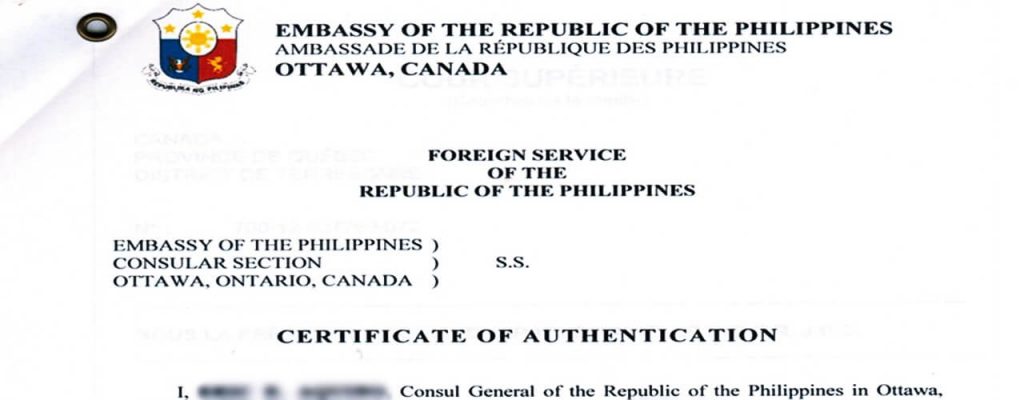
Table of Contents
Legalization: Authentication of documents for Non-Apostille Countries
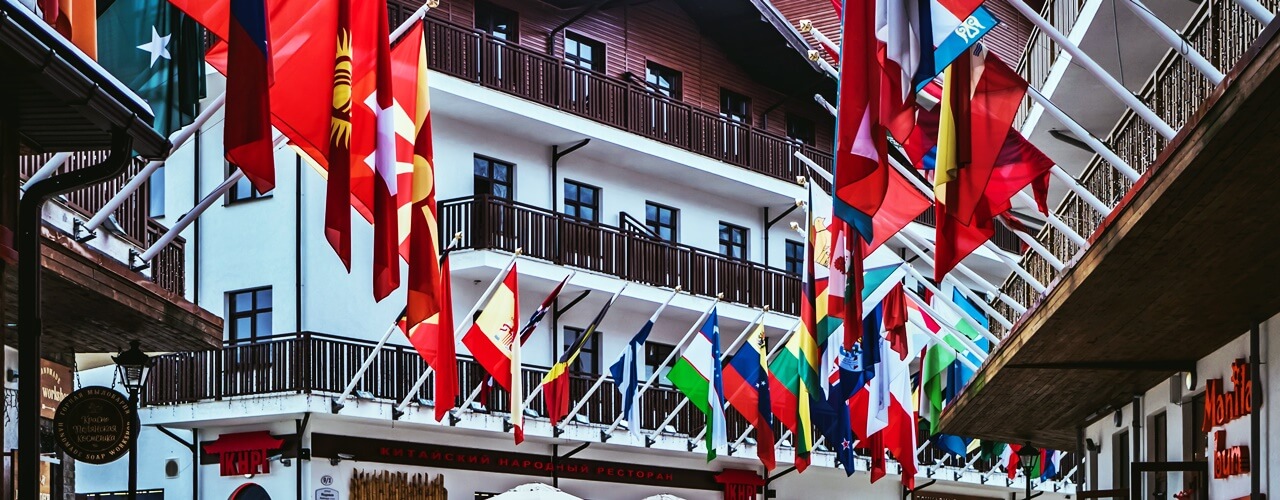
Legalization of documents – instead of Apostille – is what you do if the country you will use the document in:
- is part of the list of non-Apostille countries
- has raised an objection to the Philippines
In both these situations, you will be going through the Legalization process instead of an apostille.
Legalization vs apostille is longer and more expensive because it has more steps.
I’ll discuss the differences between legalization, apostille and authentication and also give you examples of different countries’ processes.
What does the legalization of documents mean?
Legalization of documents (or authentication of documents) certifies the document as genuine so that foreign governments and institutions accept it.
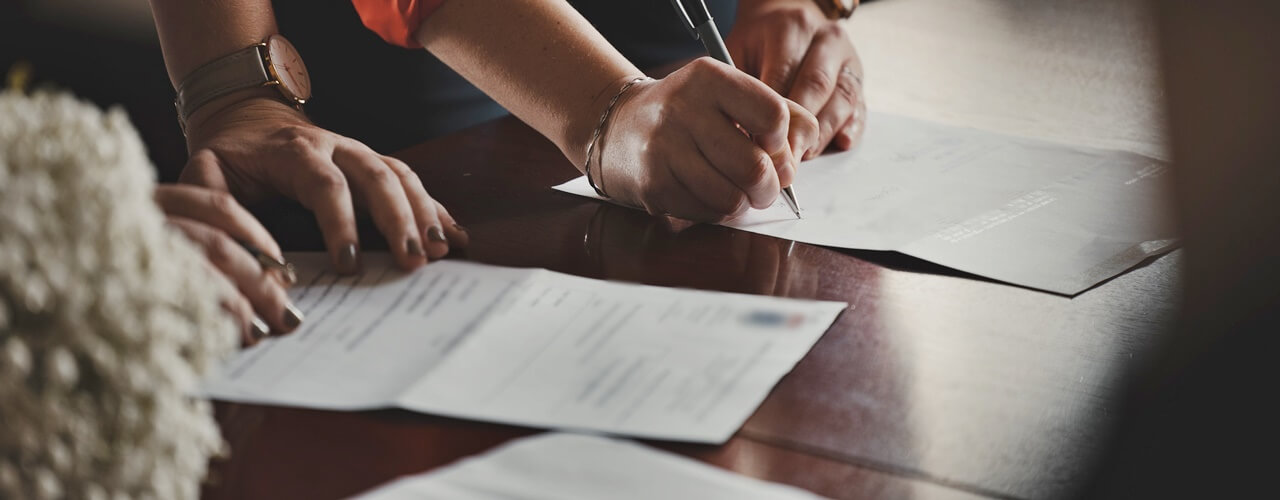
A prospective employer might only accept a legalized document.
And a foreign government will want legalized documents when you want to immigrate to another country.
The only way that they can make sure that your documents are authentic (and not from Recto or something like that) is when it is a legalized document.
What is the difference between Legalization vs Apostille?
The difference between Legalization vs Apostille is that legalization of documents is more expensive, more time-consuming and more work.
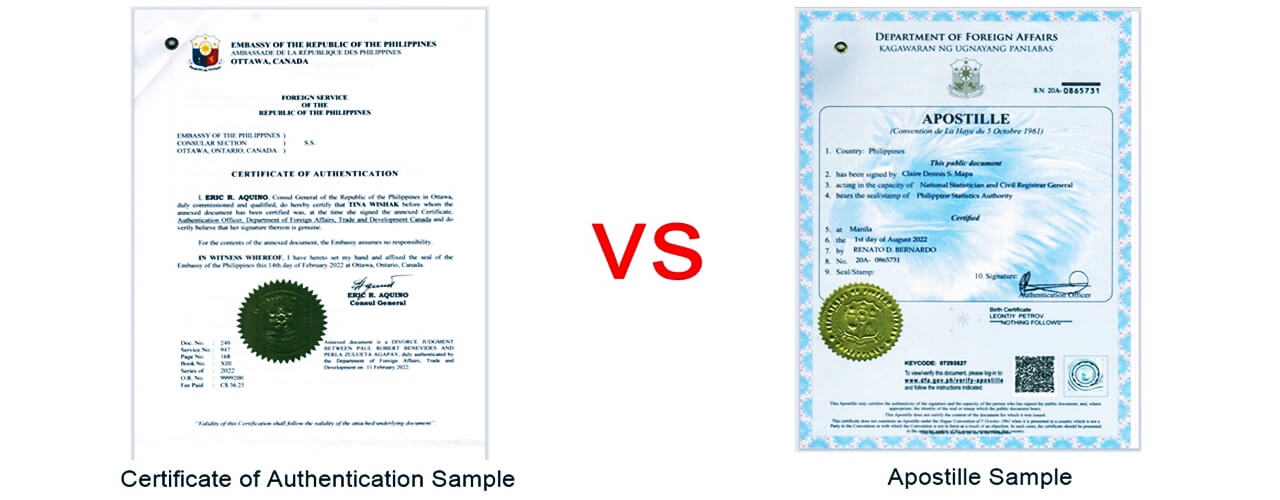
I’ll list down the differences between Legalization vs Apostille here:
- The apostille process is the same all over the Philippines but the legalization process differs depending on the country in which the documents will be used.
- Apostille is easier while the legalization process adds in at least one (but it might be several) extra steps.
- Legalization will require more documents (and is usually more expensive than apostille).
Legalization and Apostille both have the same goal – essentially, they prove that the document is genuine to foreign institutions.
However, Legalization vs Apostille is so much more hassle to do.
It is more difficult to legalize (and some countries like Germany are really, really tough.)
For which countries should I do Legalization instead of Apostille?
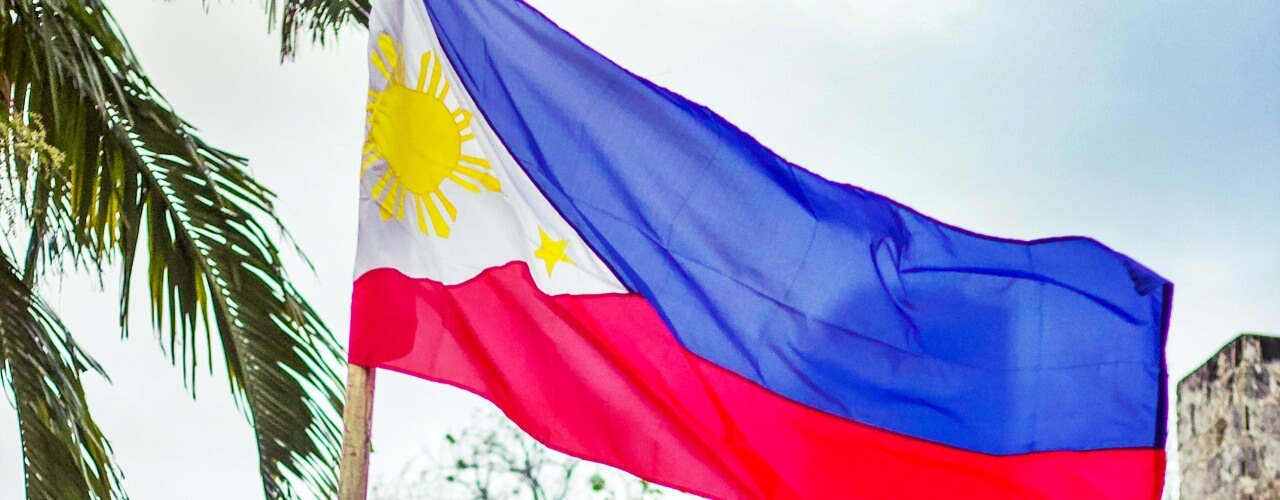
Legalization of documents instead of Apostille should be done for 2 kinds of countries:
- Countries that are non-Apostille countries
- Countries that are part of the Hague Apostille Convention but that have raised an objection to the Philippines.
For both of these types of countries, you are going to need to legalize documents from the Philippines.
What is the Hague Apostille Convention?
The Hague Apostille Convention is an agreement between countries that allows an apostilled document from one country to be accepted in another.

It makes things so much faster and easier.
(I’ve done both processes – the legalization process and the apostille process. The apostille process has a lot of requirements too and can be a lot of work. However, compared to the difficulties of the legalization process it is much better.)
The Hague Apostille Convention began in 1961 and currently has 122 countries that are part of it.
Several countries are non-Apostille countries, and it is for these countries that you must go through the Legalization process.
Which countries are Non-Apostille countries?
A list of Non-Apostille countries is not easy to find – instead, check the full list of Apostille countries here.
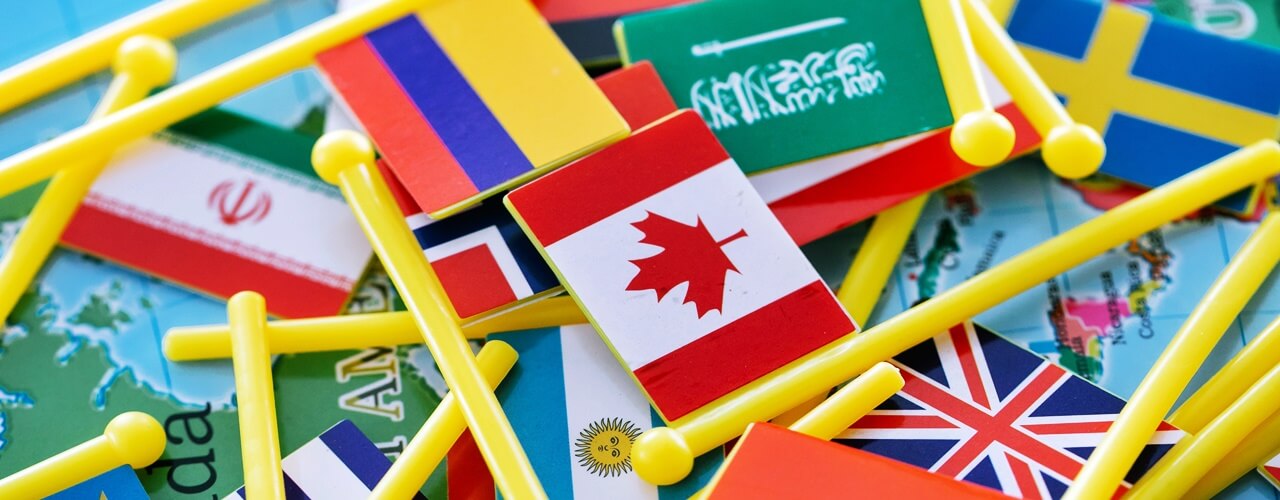
If the country that you are going to use the document in is not on this list, then it is a non-Apostille country.
There are several countries that did not sign the Apostille Convention.
Some common ones are:
- Canada
- China
- The UAE
Other countries not part of the Apostille convention are Afghanistan, Albania, Kuwait, etc.
Which countries objected to the Philippines and do not accept Philippine Apostille?
Now, there are some countries that are part of the Hague Apostille Convention that do not accept Philippine apostilles.
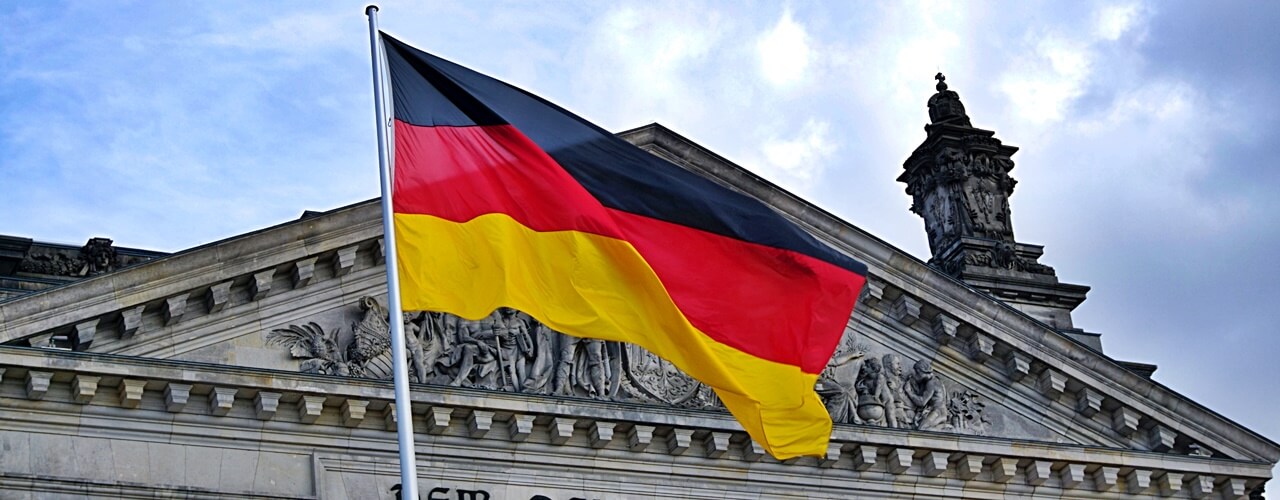
These countries are countries that have raised an objection to Philippine ascension.
For these countries, Philippine documents have to go through a country-specific legalization process.
These countries are:
- Germany
- Austria
- Greece
- Finland
What is the Legalization process like?
The Legalization process has several steps, and these steps differ depending on which country the documents are to be used in.

For example, in Germany, the process actually involves another German agency requesting that the documents be legalized. Germany’s process is cumbersome and very, very long – as I am writing this, it takes about 6 months to complete (or more).
In Canada, the process is totally different.
The legalization process can really vary widely depending on the country you need to use the documents.
You’ll need to do a lot of research to know what documents you need and what the process is.
Legalization of documents: How long does it take?

The Legalization of documents takes much, much longer than an apostille because there are additional steps.
The country you might want to use the documents in might want you to gather all the documents for apostille in addition to others.
Or, the country might want you to add another step.
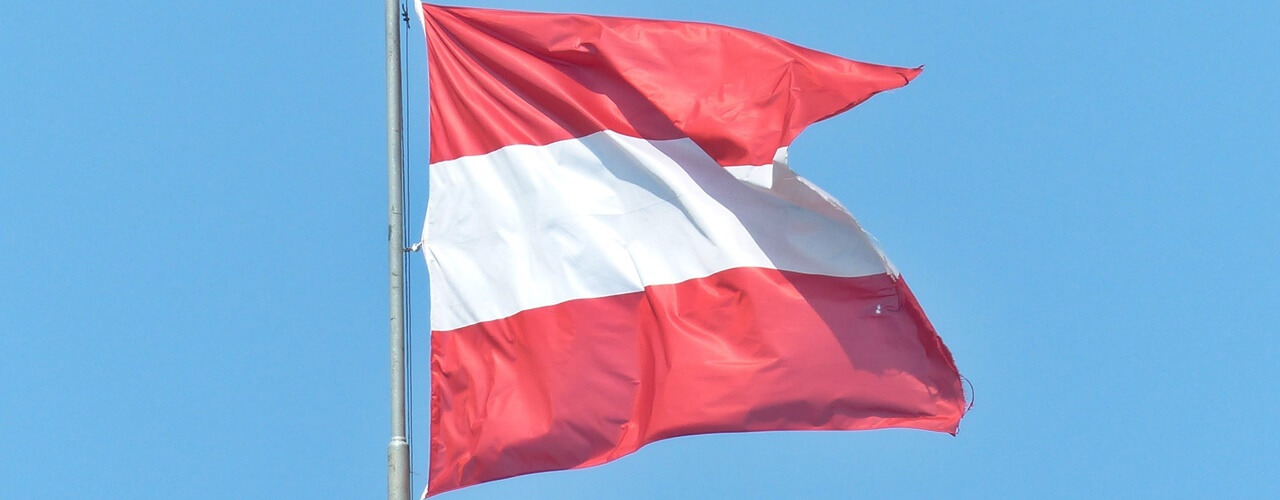
For example, the Austrian embassy requires you to gather many of the same documents for apostille in addition to other documents.
At the time of this writing, they were asking for the below additional documents:
- For birth certificates, please submit the original copy of Form 102 or 1A from the Local Civil Registrar’s Office (LCRO).
- For marriage certificates, please submit the original copy of Form 92 or 3A from the Local Civil Registrar’s Office (LCRO).
- For CENOMAR/Advisory of Marriages, please bring a copy of the birth certificate issued by the Philippine Statistics Authority (PSA).
- For death certificates, bring the original copy of Form 103 from the Local Civil Registrar’s Office (LCRO).
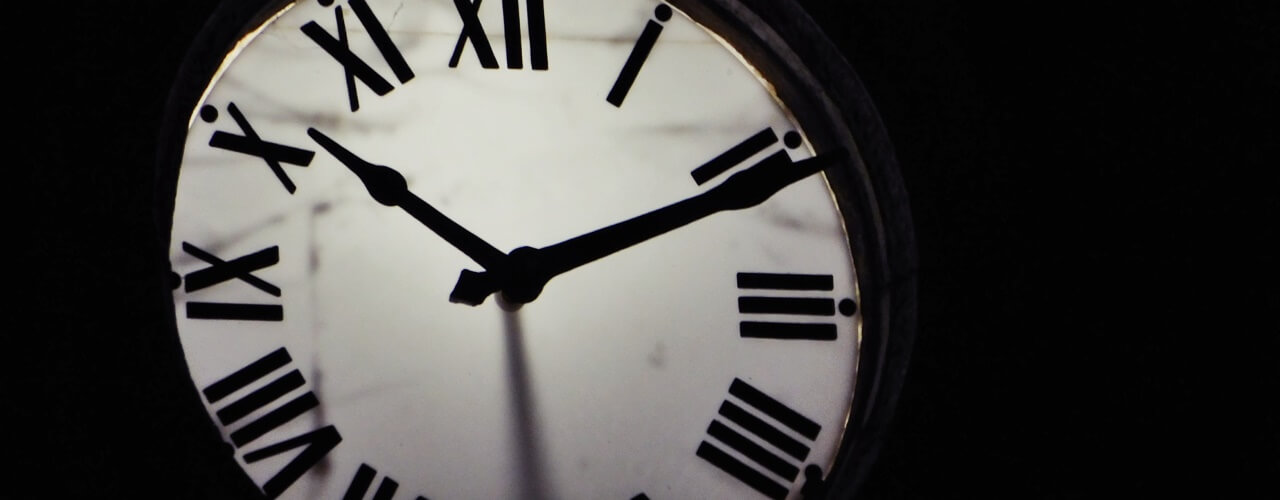
This is from an actual email exchange that we had with the Austrian embassy. They also required PSA documents to be newly obtained.
This means –
There is an added trip to the Local Civil Registrar.
And another trip to the Austrian embassy itself.
And this is just for the PSA documents!
This could add another 2 or 3 weeks to the process (depending on the state of the LCR and depending on how quickly the Austrian embassy can process it. Note that the embassy can also change its process at any time).
So, you can clearly see that Legalization vs Apostille takes much more time and effort.
Expect to do a lot – and don’t expect to be able to “rush” it.
How much does the Legalization of document cost?
Legalization vs Apostille is way more expensive.
This is because the fees at the embassies can be significant.
It is also because the additional work of getting the documents means more manpower and more fees.
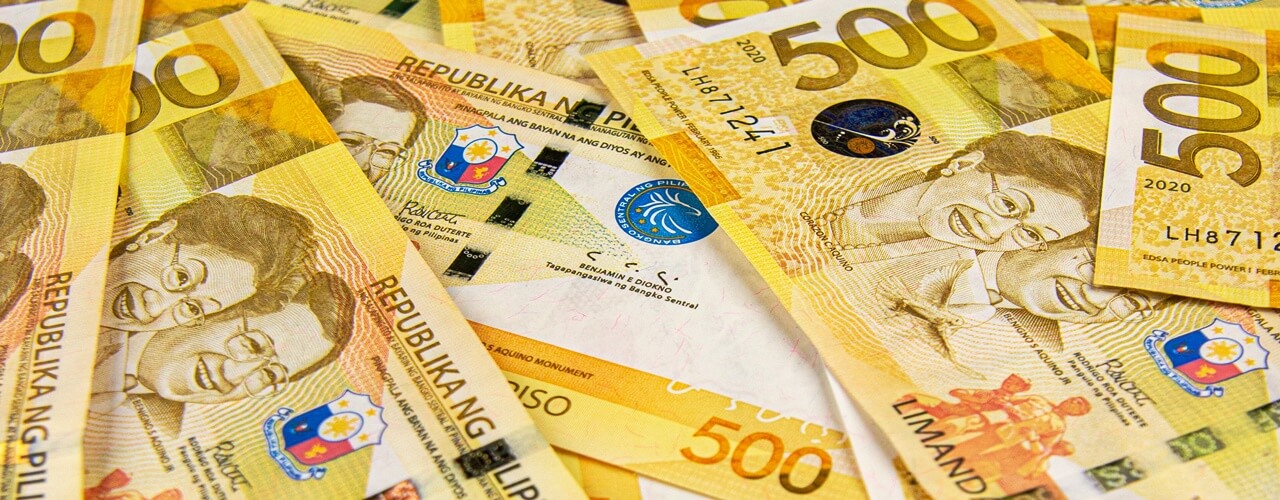
Austria will charge 80 euros per document.
Germany will charge at least Php 16,000 plus 650 for postage. And that is the minimum, because there may be other charges.
Be prepared to spend more in both time and money when you need to do Legalization vs Apostille.
Example 1: Austrian Legalization of documents from the Philippines
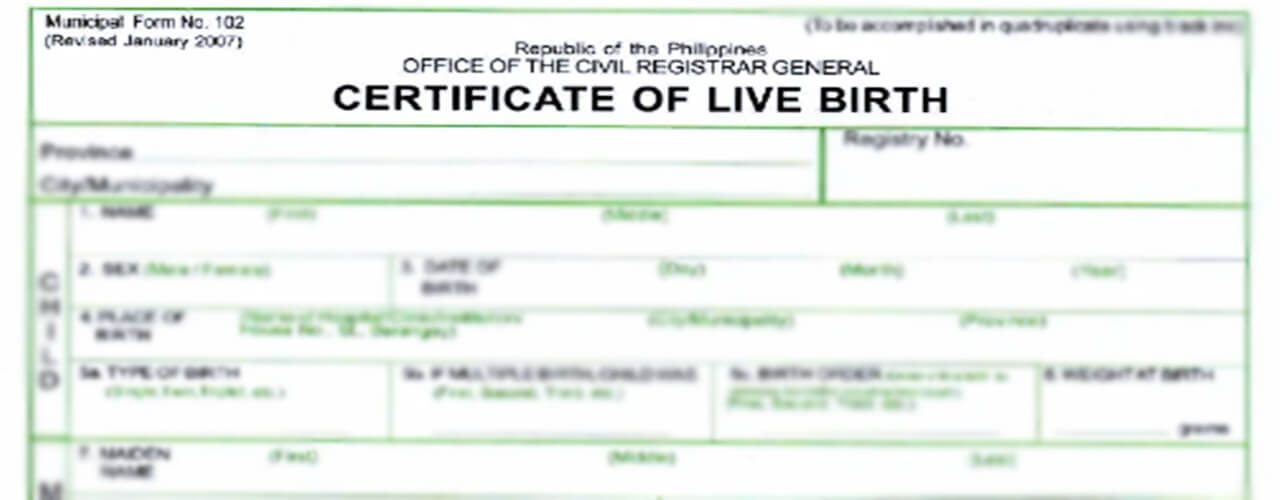
Let’s go through the legalization process for a Philippine Birth Certificate at the Austrian embassy.
(Note that things can change due to COVID).
- Book an appointment here.
- Fill up the online form.
- Prepare your documents. For a Philippine birth certificate, you will need:
- Original copy of Form 102 or 1A from the Local Civil Registrar’s Office (LCRO)
- Apostilled PSA copy and a photocopy
- Valid ID
- Appear at the Austrian embassy in BGC.
- If you have a representative, a notarized SPA and the representative’s ID.
- Pay the fee of 80 Euros per document.
- Collect the authenticated document.
Note you will have to apostille, get the additional documents and then present everything to the LCR.
More work, definitely.
More expensive, absolutely.
But absolutely necessary, if you are going to use Philippine-issued documents in Austria.
Legalization of Documents: Important things to Remember

The Legalization of documents process is very different from Apostille.
It differs depending on the country that the documents will be used in.
The process is longer and more expensive.
The process will usually involve going to the country’s embassy in the Philippines.
And since each embassy will require different things, you will really need to do research on what to bring to each embassy.
When we’ve done this for clients, we have often been surprised at how many different processes there are to get a legalized document.
We’ve always told clients what they can realistically expect (and the pandemic has really changed things) in terms of both time and cost.
When you do this yourself, be prepared for a great deal of work but it is necessary since most countries require legalized documents if you are planning to live and work there.

